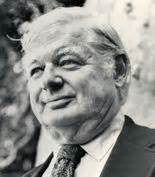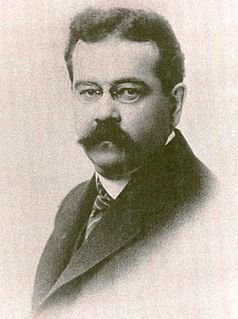A Quote by Rex Stout
In a world that operates largely at random, coincidences are to be expected, but any one of them must always be mistrusted.
Related Quotes
It is never to be expected in a revolution that every man is to change his opinion at the same moment. There never yet was any truth or any principle so irresistibly obvious that all men believed it at once. Time and reason must cooperate with each other to the final establishment of any principle; and therefore those who may happen to be first convinced have not a right to persecute others, on whom conviction operates more slowly. The moral principle of revolutions is to instruct, not to destroy.
Forgiveness must be immediate, whether or not a person asks for it. Trust must be rebuilt over time. Trust requires a track record. If someone hurts you repeatedly, you are commanded by God to forgive them instantly, but you are not expected to trust them immediately, and you are not expected to continue allowing them to hurt you.
Both our present science and our present technology are so tinctured with orthodox Christian arrogance toward nature that no solution for our ecologic crisis can be expected from them alone. Since the roots of our trouble are so largely religious, the remedy must also be essentially religious, whether we call it that or not. We must rethink and refeel our nature and destiny.
We have said that consciousness is an operation rather than a thing, a repository, or a function. It operates by way of analogy, by way of constructing an analog space with an analog 'I' that can observe that space, and move metaphorically in it. It operates on any reactivity, excerpts relevant aspects, narratizes and conciliates them together in a metaphorical space where such meanings can be manipulated like things in space.
Any one who considers arithmetical methods of producing random digits is, of course, in a state of sin. For, as has been pointed out several times, there is no such thing as a random number - there are only methods to produce random numbers, and a strict arithmetic procedure of course is not such a method.






































